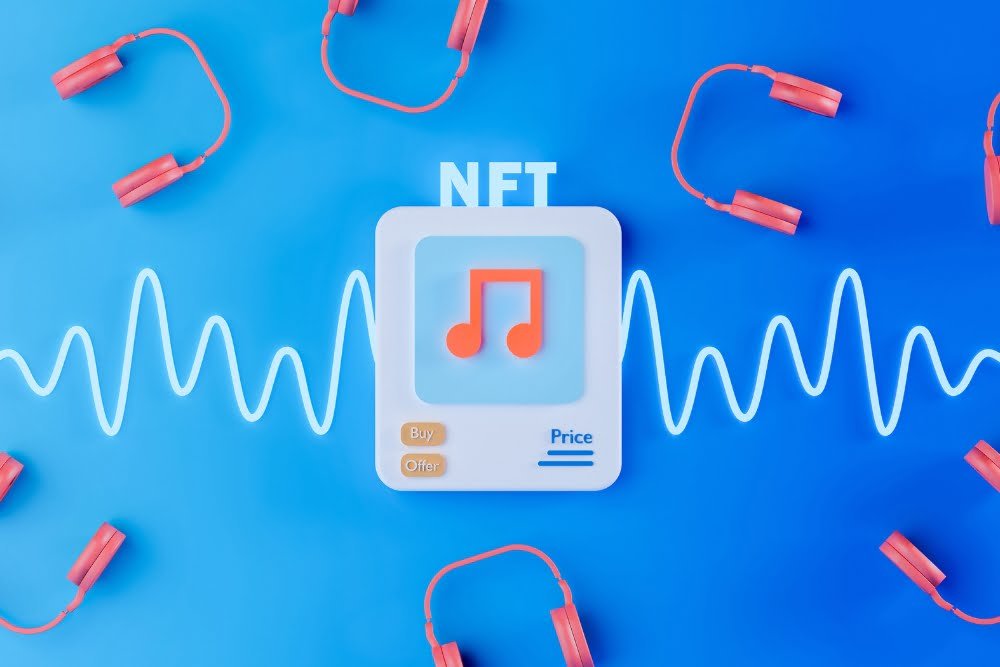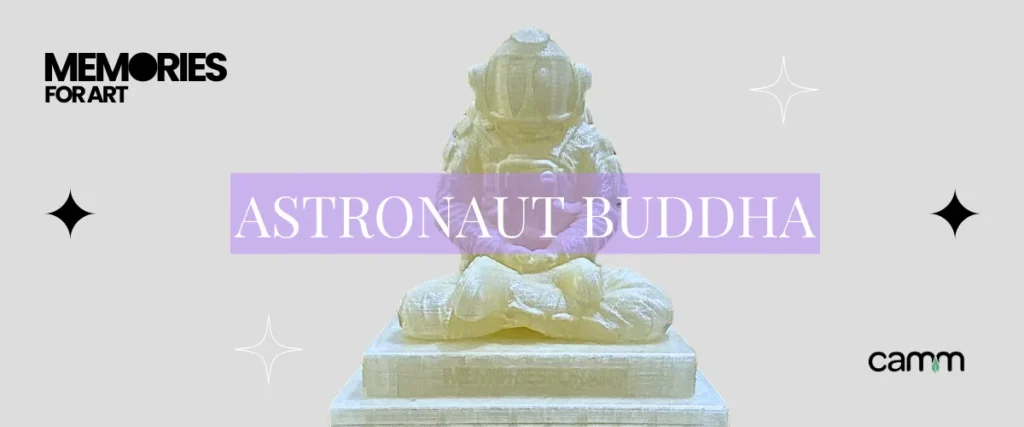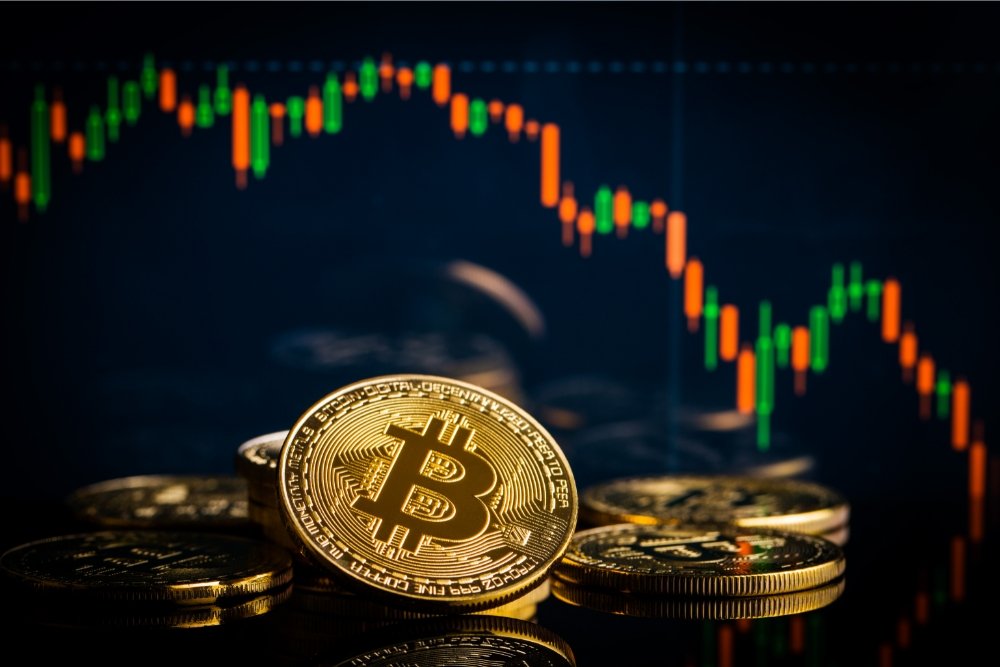NFT music represents an exciting and innovative development in the music industry. Understanding Non-Fungible Tokens (NFTs) in Music NFTs are becoming increasingly popular in the music industry. It offers new opportunities for artists to devise their work and for collectors to own unique pieces of music. However, it is still a relatively new and evolving market, and it will be interesting to see how it develops and matures in the coming years.
What does NFT mean for Music?
NFT, or Non-Fungible Tokens, has gained significant attention in the music industry. It refers to a unique digital asset representing ownership of specific content, such as a song or an album. NFTs can potentially revolutionize the music industry by providing artists new ways to monetize their work and connect with fans.
One significant impact of NFTs on music is the ability for artists to sell their music directly to fans, bypassing traditional intermediaries like record labels or streaming platforms. It can give artists more control over their creative work and allow them to retain a more significant portion of the revenue generated from their music.
NFTs also enable artists to create limited or exclusive content for their fans. For example, an artist could release a limited number of NFTs that provide complete access to behind-the-scenes footage, VIP concert tickets, or even ownership rights to a song. It creates a sense of scarcity and exclusivity, which can drive up the value of the NFT and provide additional income streams for artists.
Furthermore, NFTs can address copyright and ownership issues in the music industry. Using blockchain technology, NFTs can provide a transparent and immutable record of ownership, ensuring that artists receive proper acknowledgment and recompense for their work.
However, it is essential to note that NFTs also come with challenges and concerns. The environmental effect of the energy-intensive blockchain technology used to create and trade NFTs has raised worries among artists and fans alike. Additionally, the proliferation of NFTs has led to an influx of low-quality or fraudulent content, making it crucial for artists and consumers to exercise caution when engaging with NFTs.
Can I Turn my Music into an NFT?
You can turn your music into an NFT (Non-Fungible Token). NFTs have gained popularity in art, and now musicians are exploring this new form of digital ownership and monetization. NFTs allow you to tokenize your music, creating a digital benefit that can be purchased, sold, and marketed online.
You need to follow a few steps to turn your music into an NFT.
Choose a marketplace
First, you would need to choose a marketplace or platform that supports NFTs for music. Several outlets, such as OpenSea, Rarible, and Foundation, are available where you can mint and sell your music NFTs.
Create a digital representation.
Next, you must digitally represent your music as an NFT. It typically involves packaging your music files, such as audio tracks or albums, into a unique digital file format that can be tokenized. You can also include additional information or artwork to enhance the value of your NFT.
Once you have created your music NFT, you can list it for sale on the chosen marketplace. Potential buyers can then bid on or purchase your NFT using cryptocurrency like Ethereum.
It’s important to note that while NFTs offer new opportunities for artists to monetize their work, there are also considerations to consider. The market for music NFTs is still developing, and the value and demand for these digital assets can fluctuate. Additionally, there may be legal implications and copyright considerations when tokenizing and selling your music as an NFT.
What is the Advantage of NFT Music?
NFT music, or non-fungible token music, has several advantages that set it apart from traditional music distribution.
One of the main advantages is the ability to give artists more control and ownership over their work. With NFT music, artists can retain the rights to their music and directly sell it to fans without the need for intermediaries or record labels. It allows artists to have a more direct relationship with their audience and potentially earn more revenue from their music.
Another advantage of NFT music is the potential for increased transparency and fairness in the music industry. Blockchain technology, the underlying NFTs, allows for transparent and immutable records of ownership and transactions. It means that artists can have better visibility into how their music is being consumed and monetized, and they can ensure that they are receiving fair compensation for their work.
NFT music also has the potential to create new revenue streams for artists. With NFTs, artists can directly sell limited edition or exclusive versions of their music, such as unique remixes or behind-the-scenes content, to fans. It creates a sense of scarcity and exclusivity, which can increase the value of the music and provide artists with additional income opportunities.
Furthermore, NFT music can foster a stronger connection between artists and their fans. By purchasing an NFT, fans gain access to the music, become part of a community and have a tangible digital asset that represents their support for the artist. It can increase fan engagement, loyalty, and a more sustainable fan base for artists.
What is the Future of NFT Music?
The future of NFT music is a topic of much discussion and speculation. NFTs, or non-fungible tokens, have gained significant attention in the music industry as a way for artists to monetize their work and connect with fans. NFT music allows artists to sell digital assets, such as songs, albums, or even concert tickets, directly to fans using blockchain technology.
One potential future for NFT music is increased adoption and integration into the mainstream music industry. As more artists and fans become familiar with NFTs and their benefits, we could see significant record labels and streaming platforms incorporating NFTs into their business models. It could increase artists’ opportunities to earn revenue and engage with their audience while providing fans with unique and exclusive content.
Additionally, NFT music has the potential to revolutionize the concept of ownership in the digital age. With NFTs, fans can have verifiable proof of ownership for digital music assets, creating new possibilities for trading and exchanging music in a decentralized marketplace. It could empower artists to have more control over their work and create new revenue streams through the resale of their NFT music.
However, challenges and concerns surround the future of NFT music. The primary concern is the environmental impact of blockchain technology, as the process of minting NFTs requires significant energy consumption. As the music industry becomes more conscious of its ecological footprint, there may be a push for more sustainable alternatives or solutions.
Furthermore, there are questions about the long-term value and sustainability of NFTs. The current hype around NFTs could fade, leading to a decline in demand and value. It is essential for artists and investors to carefully consider the risks and rewards before diving into the world of NFT music.
The future of NFT music is still uncertain, but it holds tremendous potential for artists, fans, and the music industry. As technology evolves and the market matures, we can expect innovations and opportunities in NFT music.
Conclusion
NFTs have the potential to reshape the music industry by providing new avenues for artists to monetize their work and engage with fans. NFT music offers a range of advantages for artists, including increased control, transparency, revenue opportunities, and fan engagement.
While there are challenges and concerns associated with NFTs, their impact on the music industry will likely continue evolving as artists and platforms explore the possibilities and navigate the complexities of this emerging technology.






